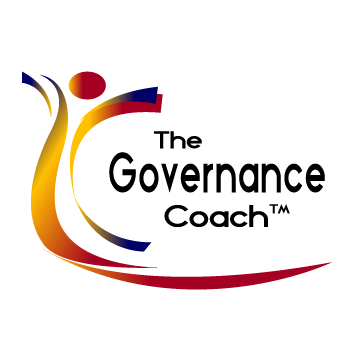One a recent episode of the Podcast* “Freakanomics Radio”, the host was interviewing world famous food eating champion Takeru Kobayashi. He is most well-known for taking on the Coney Island Hot Dog Eating Contest at the age of 23 and walking away the winner. Not only did he win – but he doubled the record for most hot dogs eaten in 12 minutes (bun and all). The old record was 25 hot dogs (one every 30 seconds) and he ate 50. One hot dog every 15 seconds. Several others in the competition stopped and began cheering as they noticed this young kid destroying the old record. I like summertime and outdoor barbecues and all, but 50 hot dogs is considerably more than my entire year’s consumption – let alone 12 minutes’ worth.
As the host continued the interview, he asked Takeru how he was able to consume so much in such a short time. His response surprised me. He said the mistake most people were making was to figure out how to eat more hot dogs. That didn’t sound like a mistake to me. I thought that was the whole point. But I digress. Takeru said he was able to beat the competition because he didn’t focus on quantity. He focused on speed. He first tried to figure out not how to eat more hot dogs, but how to eat one hot dog faster. And, intriguingly, he went on to say that most of the world’s problems could be figured out with the same shift in approach. Wait…what? Hot dogs solve world problems?
Takeru’s point was that we often approach big issues with the wrong mentality. If we can force ourselves to think differently, to ask different questions, to break out of the trap of solving the surface issue of the problem – then we stand a chance at making a real difference.
Consider what this might mean for your organization. For example, a membership association may have a goal to increase membership numbers at x% per year. What if, instead of focusing on membership growth, the focus became “What would it look like if one single member was completely satisfied with what they received?”
Or consider a school district. Perhaps the Ends include a statement that graduation rates will increase by x% per year until the district achieves a 98% graduation rate. What if the school district were instead to focus on “What would it look like for a student to reach his or her full potential?”
Those reframed questions are not the only way to look at an issue differently. You and your board will create other questions which can help you move forward. Find ways to look at questions or problems with a different focus. The old “record” of your organization may be greatly surpassed.
*http://freakonomics.com/podcast/kobi-rebroadcast
